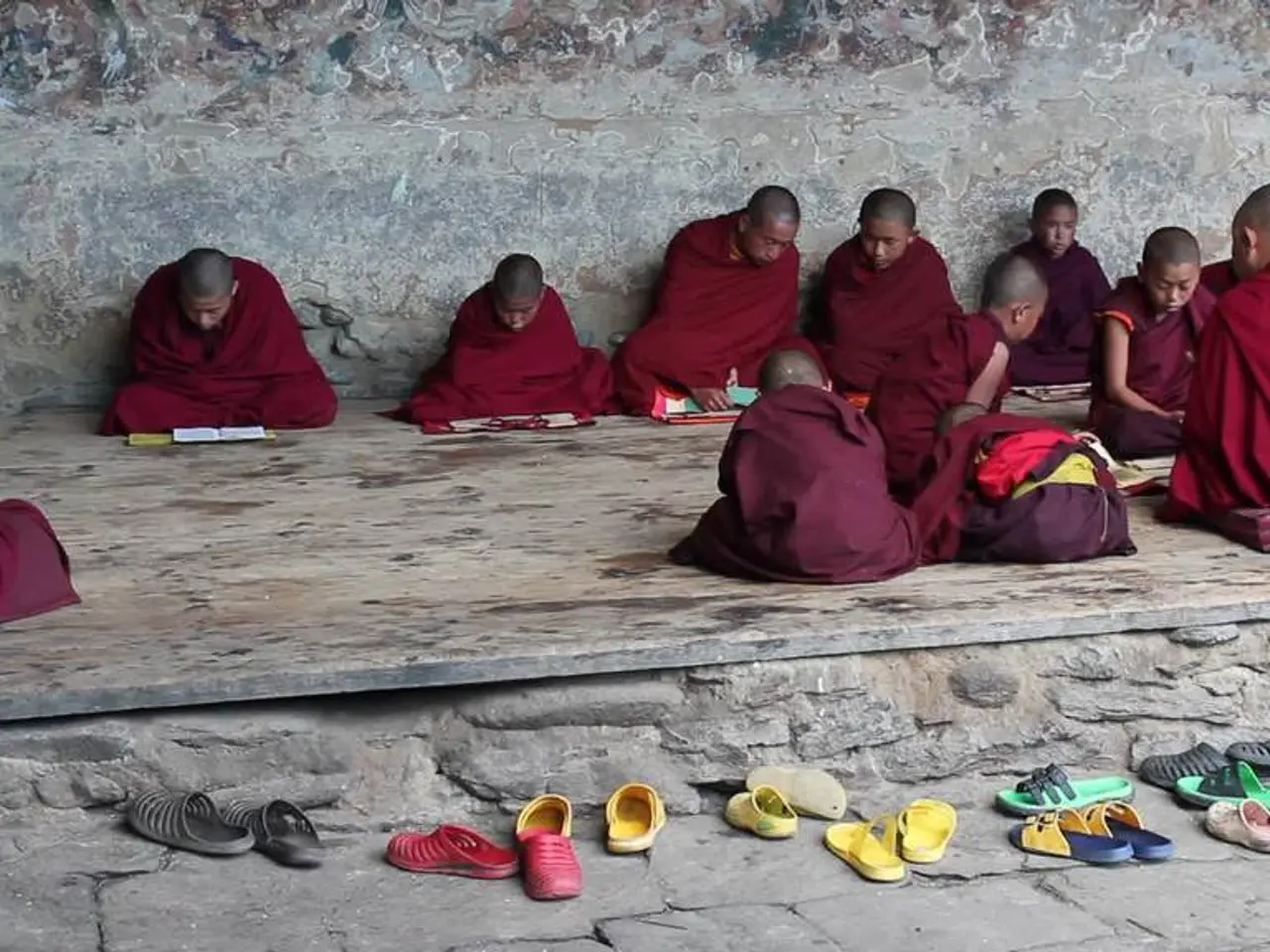Former Palestinian detainees recount harrowing accounts of mistreatment experienced during their imprisonment by Israeli authorities.
In a series of disturbing revelations, human rights groups and released Palestinian prisoners have shared harrowing accounts of mistreatment and abuse within Israeli prisons. The evidence points to a systemic and widespread pattern of physical, psychological, and sexual violence against Palestinian detainees.
Ammar Qazzaz, the husband of Sojood, a Palestinian woman, was one such victim. Suffering from muscular dystrophy, he was arrested by the Israeli army on 11 October and subjected to severe beatings that resulted in broken ribs, a dislocated shoulder, and various other injuries.
The treatment of Palestinian prisoners remains shrouded in secrecy, with a near-complete blackout on the conditions they face. Rights groups are therefore relying on the testimonies of released prisoners to document the abuse they have endured. Amina Al-Tawil, a researcher at the Palestine Center for Prisoner Studies, has shared numerous testimonies detailing beatings, humiliation, and assault, particularly focusing on the head area.
Omar Assaf, a community activist, was another prisoner released after six months of detention. His appearance upon release shocked his friends and family, as he emerged from Ofer Prison with severely damaged skin, signs of fatigue, unkempt hair, and a long beard. Assaf described the prison conditions as "indescribably cruel," detailing instances of severe beatings using batons, rifles, and heavy shoes.
Investigative reports by Haaretz, the Public Committee Against Torture in Israel (PCATI), Human Rights Watch, Palestinian organizations such as Addameer and the Palestinian Prisoners’ Society, and the UN have corroborated these accounts. The reports detail a systematic campaign of torture involving sleep deprivation, starvation, chemical burns, forced nudity, mock executions, electric shocks, suspension by limbs (shabeh), mass beatings, and amputation without anesthesia.
Perhaps most alarmingly, investigations have revealed widespread sexual abuse, rape, and sexualized torture of Palestinian men and boys in detention facilities. Testimonies and autopsy reports detail horrific acts such as the insertion of objects into detainees’ rectums, use of carrots and iron batons for rape, and sexual harassment during forced public humiliation.
The Head of the Prisoners and Ex-Prisoners Affairs Authority, Qaddoura Fares, has stated that the policy of violent beatings has caused the death of a number of prisoners and left many with severe psychological problems. At least 16 Palestinian prisoners are thought to have died since 7 October, and their bodies have not been returned to their families.
The need for international pressure on Israel to lift the state of secrecy about the fates of Palestinian prisoners and allow them to communicate with their families is increasingly urgent. Tawil, a researcher at the Palestine Center for Prisoner Studies, emphasizes this point, highlighting the psychological toll that isolation and lack of communication take on both prisoners and their families.
Despite the release of dozens of Palestinian prisoners in the wake of the war on Gaza, the situation remains dire. Israel has been reported to limit meals to Palestinian prisoners, providing only one daily meal of no more than 150 grams of rice and lentils. The prisoners are released in a state of severely damaged skin, signs of fatigue, unkempt hair, and long beards, a stark testament to the conditions they have endured.
The evidence is clear: the mistreatment and abuse of Palestinian prisoners in Israeli custody is extensive and alarming, and urgent action is needed to address this human rights crisis.
[1] Haaretz, "Palestinian detainees in Megiddo Prison face daily torture, beatings, and near-lethal starvation," 2021. [2] Public Committee Against Torture in Israel (PCATI) and Human Rights Watch, "Israeli forces use excessive force against Palestinian prisoners," 2021. [3] Addameer and the Palestinian Prisoners’ Society, "Systemic torture in Israeli prisons," 2021. [4] United Nations, "Report on the human rights situation in the occupied Palestinian territory, including East Jerusalem," 2021.
- The conditions faced by Palestinian prisoners in Israeli custody have been identified as a critical human rights issue, with numerous organizations including Haaretz, PCATI, Human Rights Watch, Addameer, the Palestinian Prisoners’ Society, and the UN unearthing extensive accounts of abuse.
- These accounts describe a breeding ground for violence, with reports of frequent beatings, humiliation, and sexualized torture, pointing towards a systemic pattern of mistreatment in the Middle East.
- In the media coverage of war-and-conflicts, politics, general-news, and crime-and-justice, the analysis of this topic has increasingly emphasized the need for international pressure to lift the veil of secrecy surrounding Palestinian prisoners' fates.
- The evidence gathered indicates a systematic campaign of torture, characterized by sleep deprivation, starvation, chemical burns, forced nudity, mock executions, electric shocks, and amputation without anesthesia, which has resulted in numerous deaths and severe psychological problems among Palestinians.
- Segregated from the world, Palestinian prisoners and their families suffer psychological hardship due to the prisoners' isolation. Amina Al-Tawil, a researcher at the Palestine Center for Prisoner Studies, asserts that this isolation has far-reaching consequences on both prisoners and their families.
- The treatment of Palestinian refugees in Israeli prisons, shrouded in secrecy, is a growing concern, as investigations reveal numerous cases of torture and sexual abuse, underscoring the need for immediate action to address this escalating crisis.






